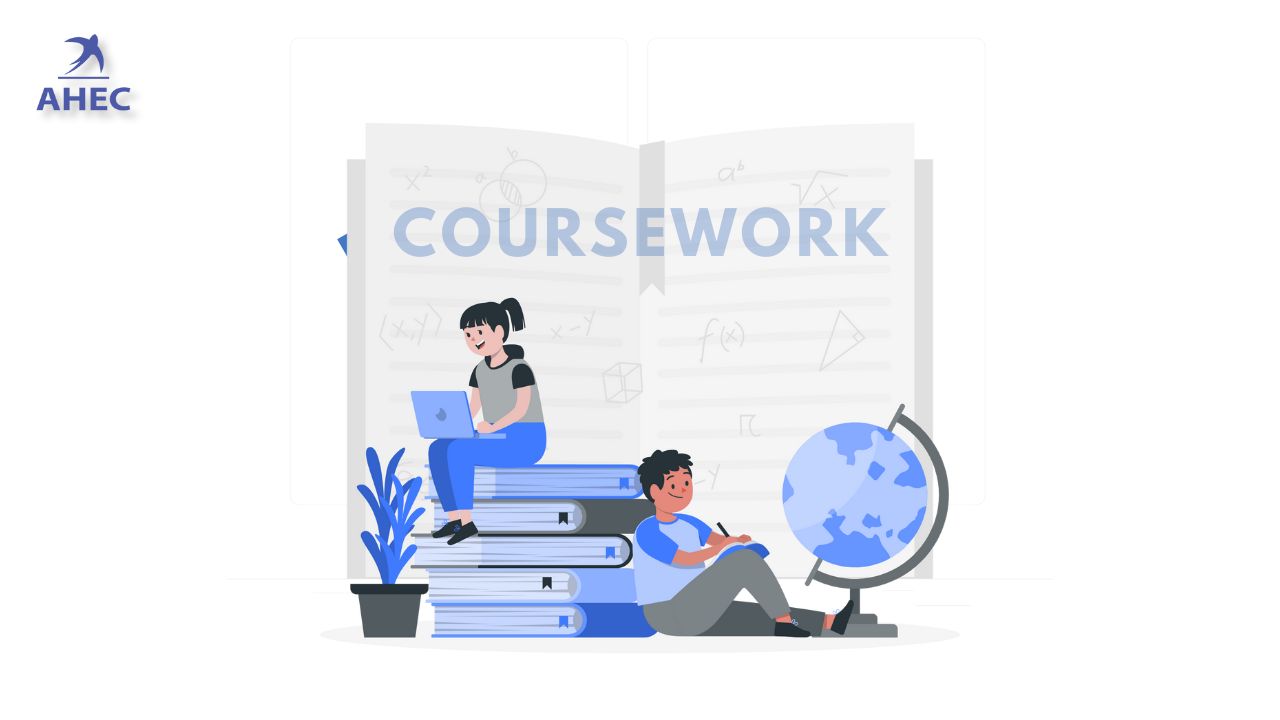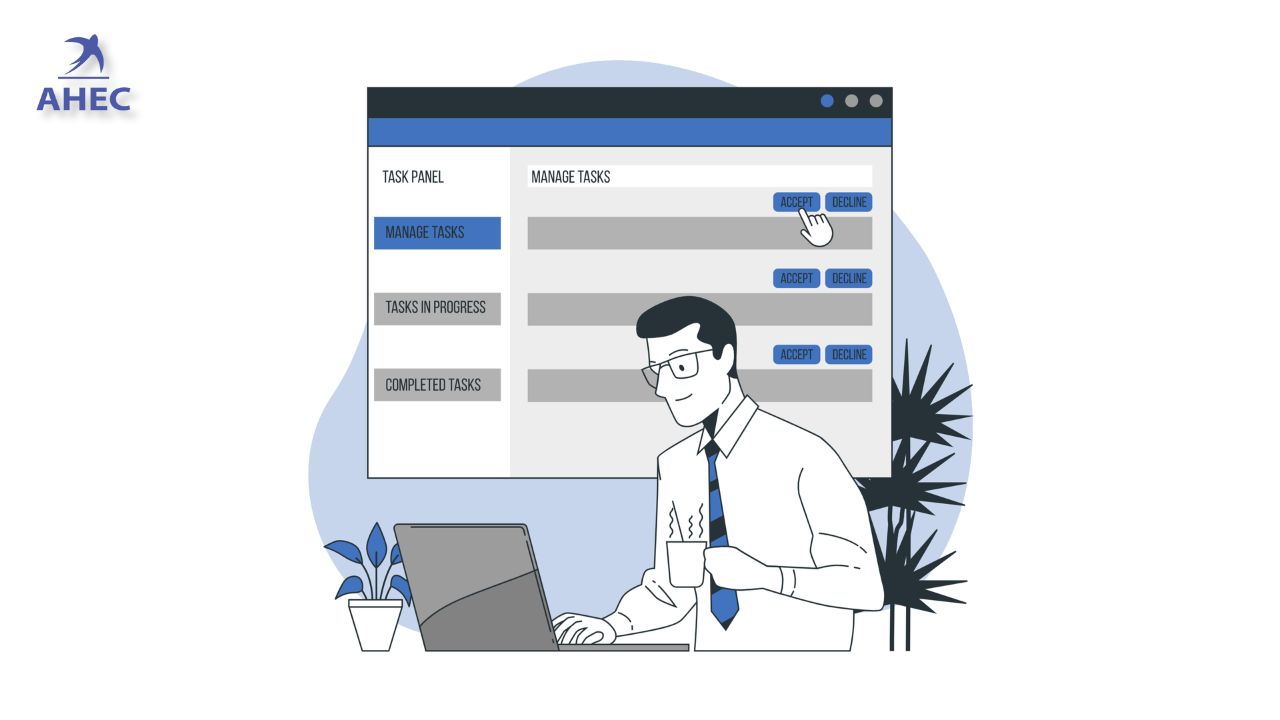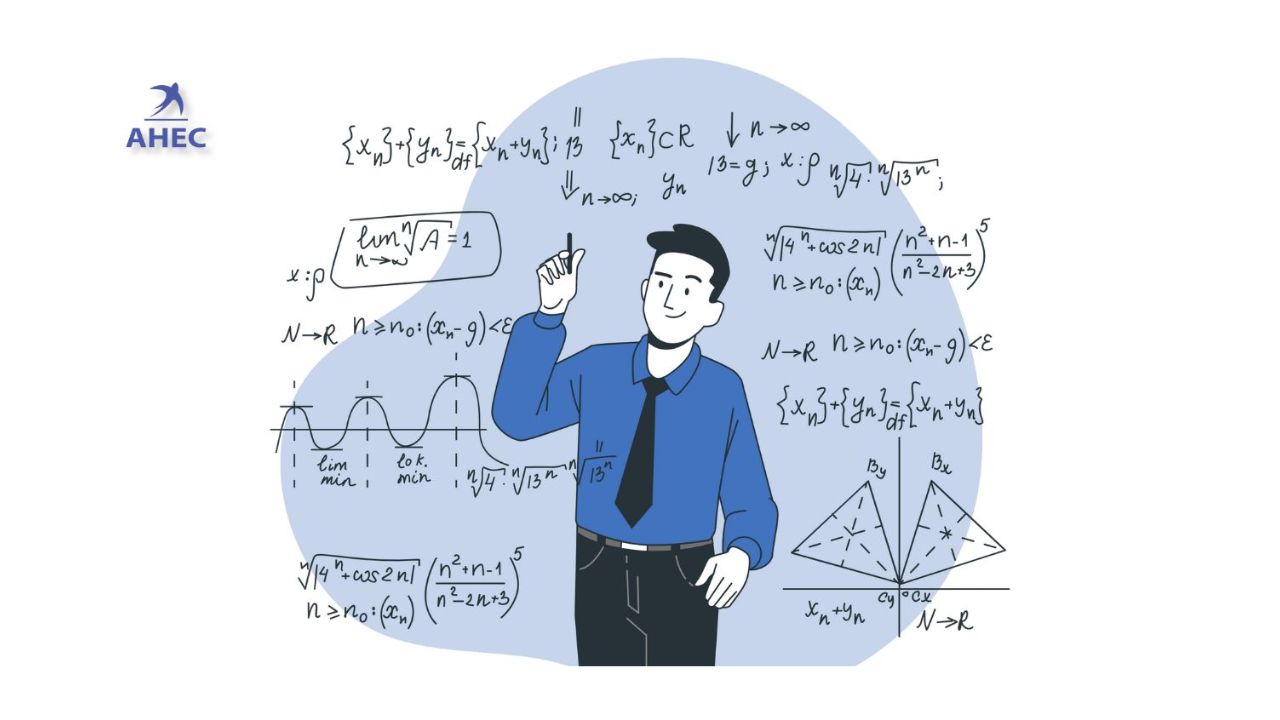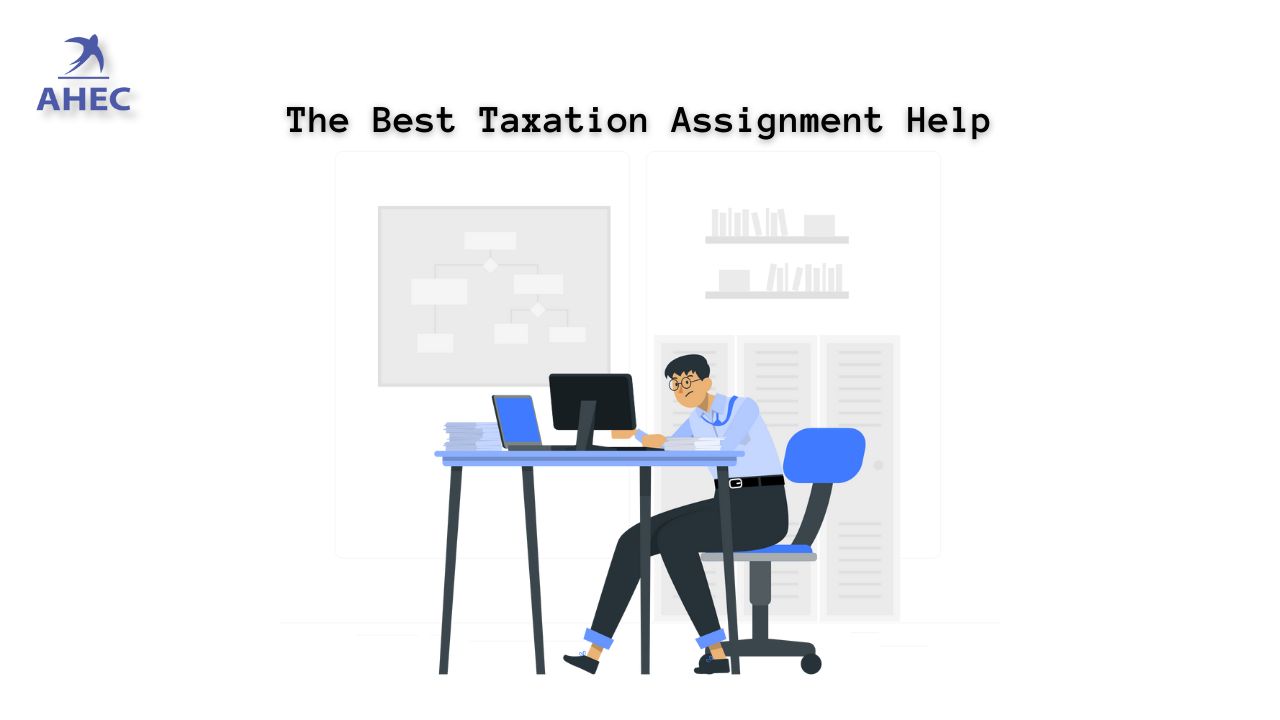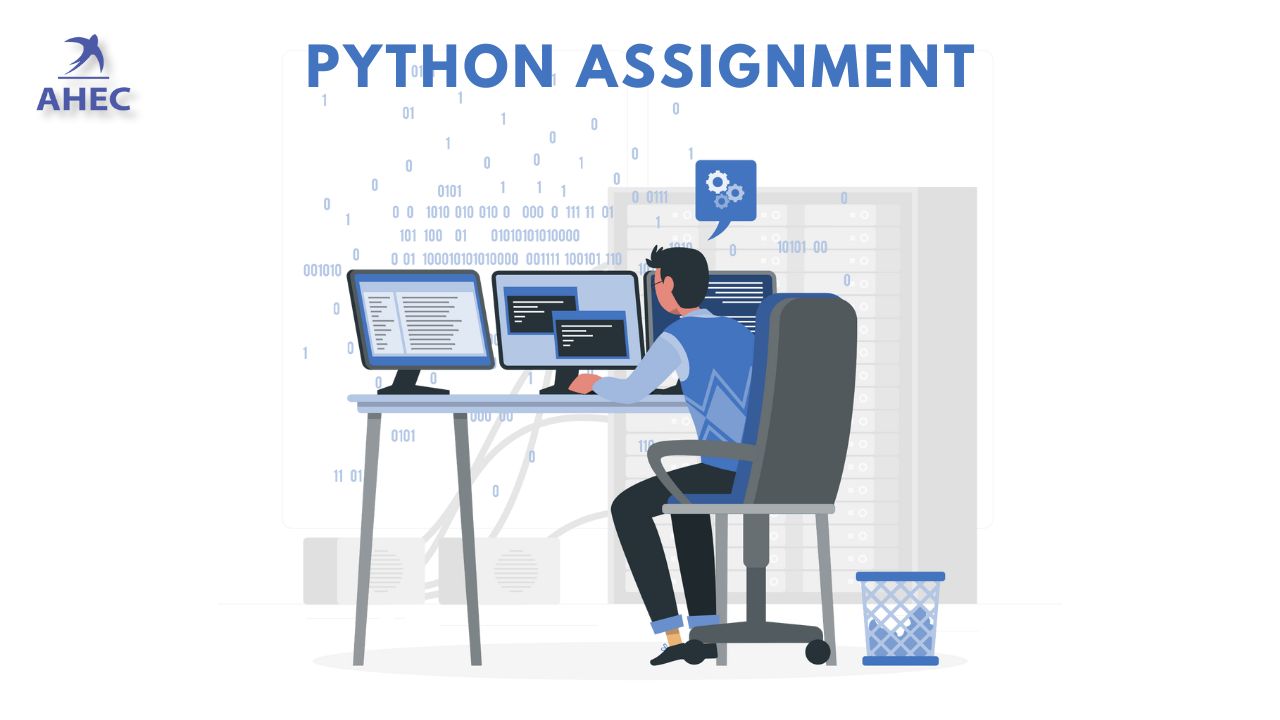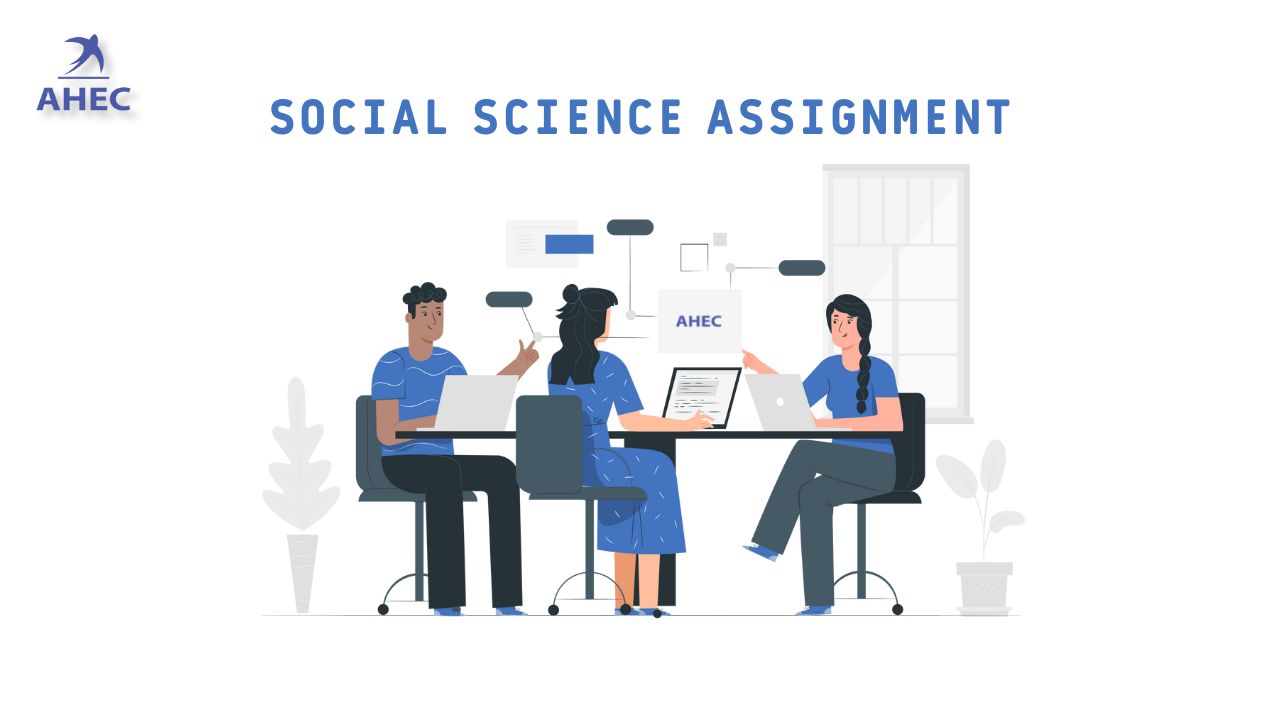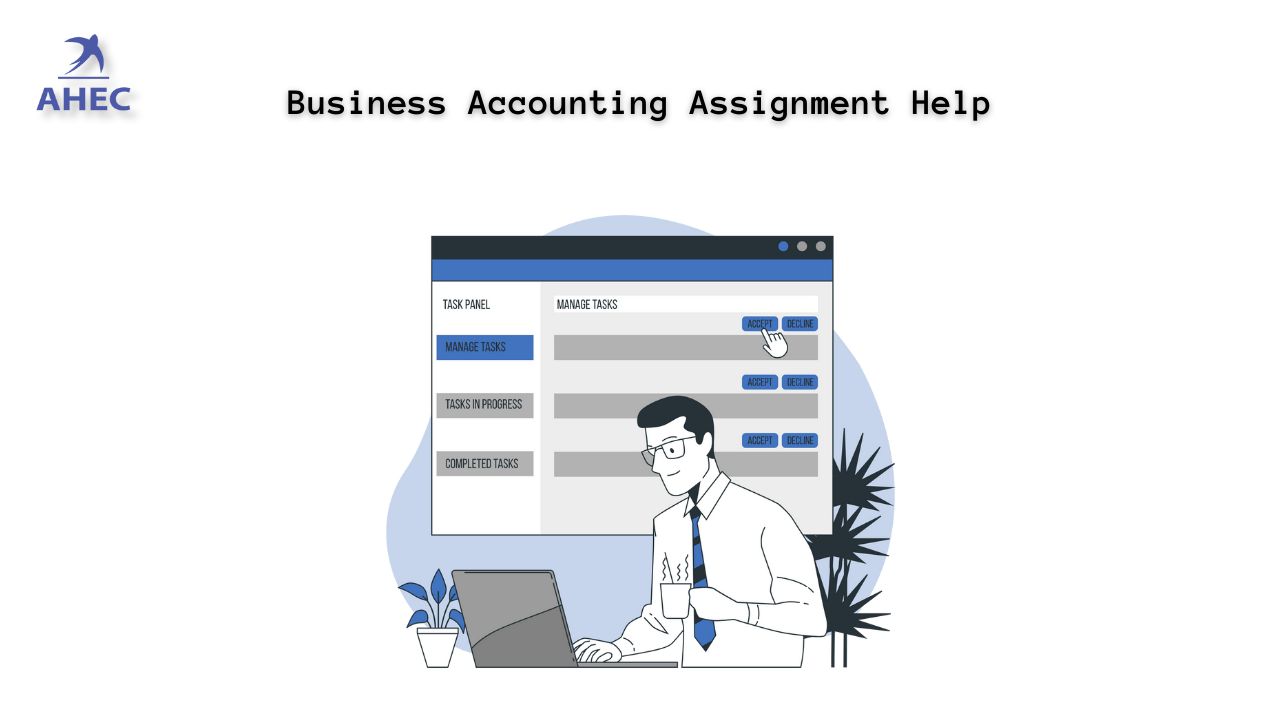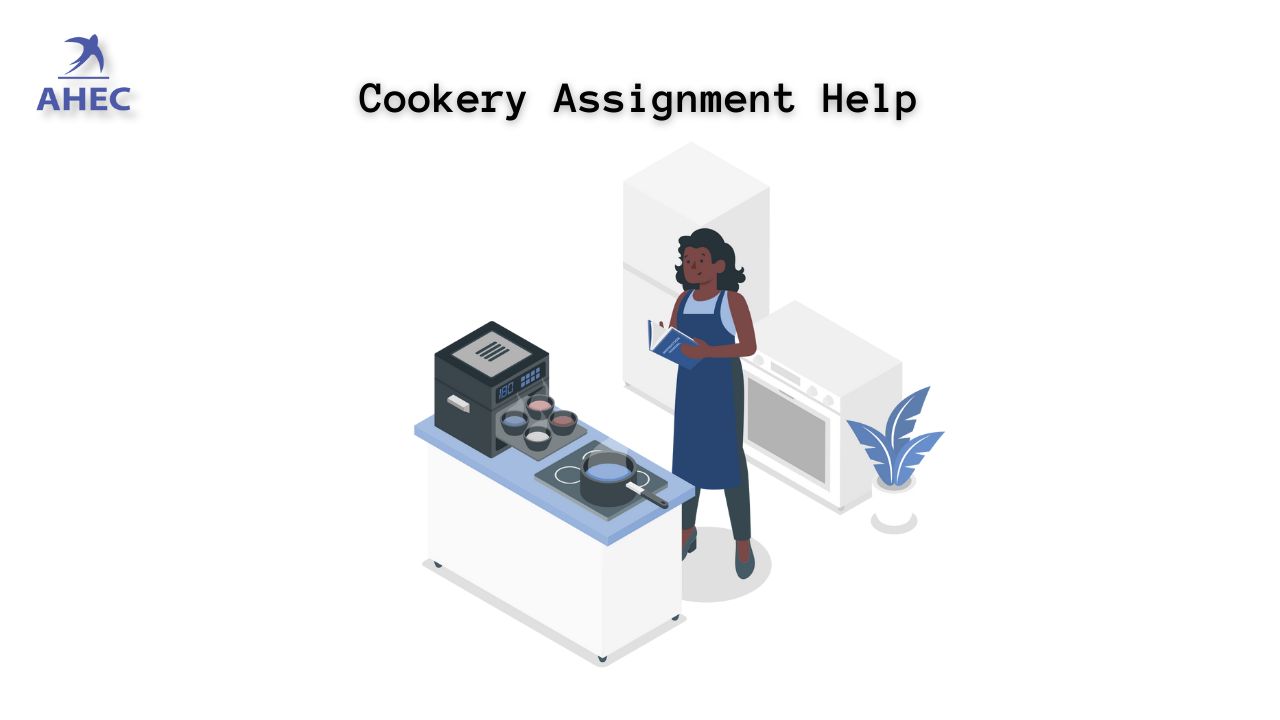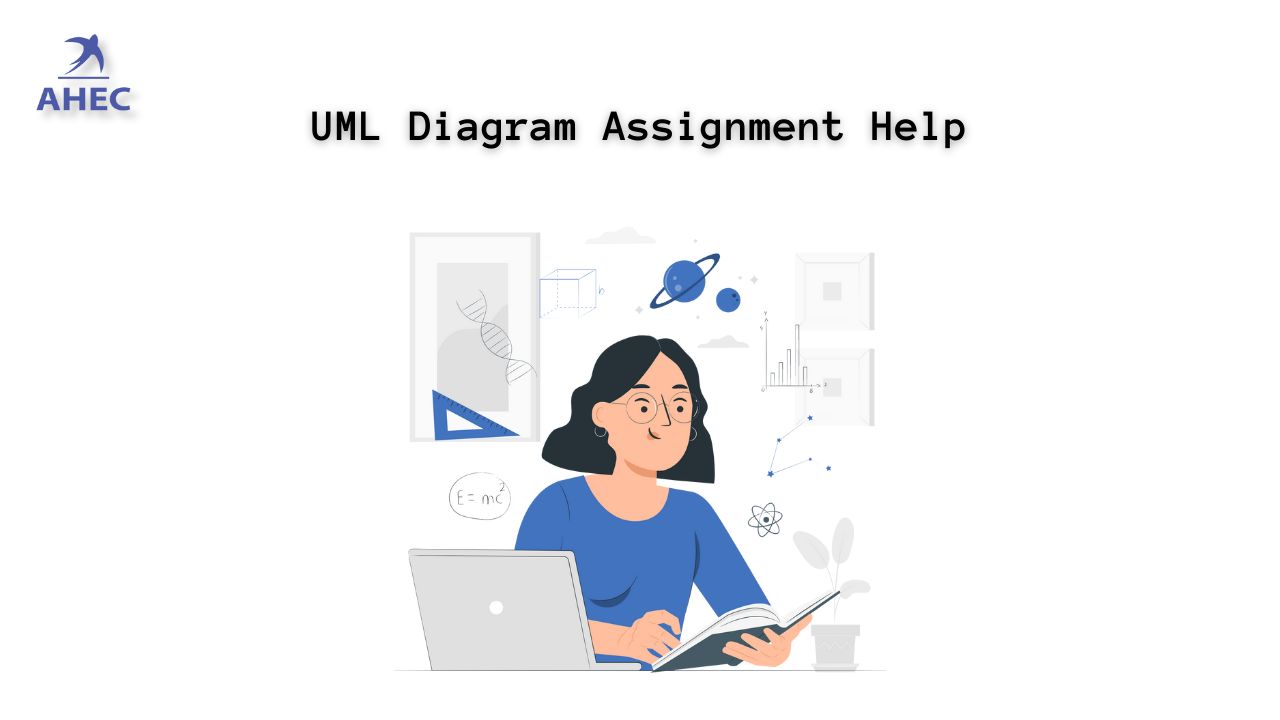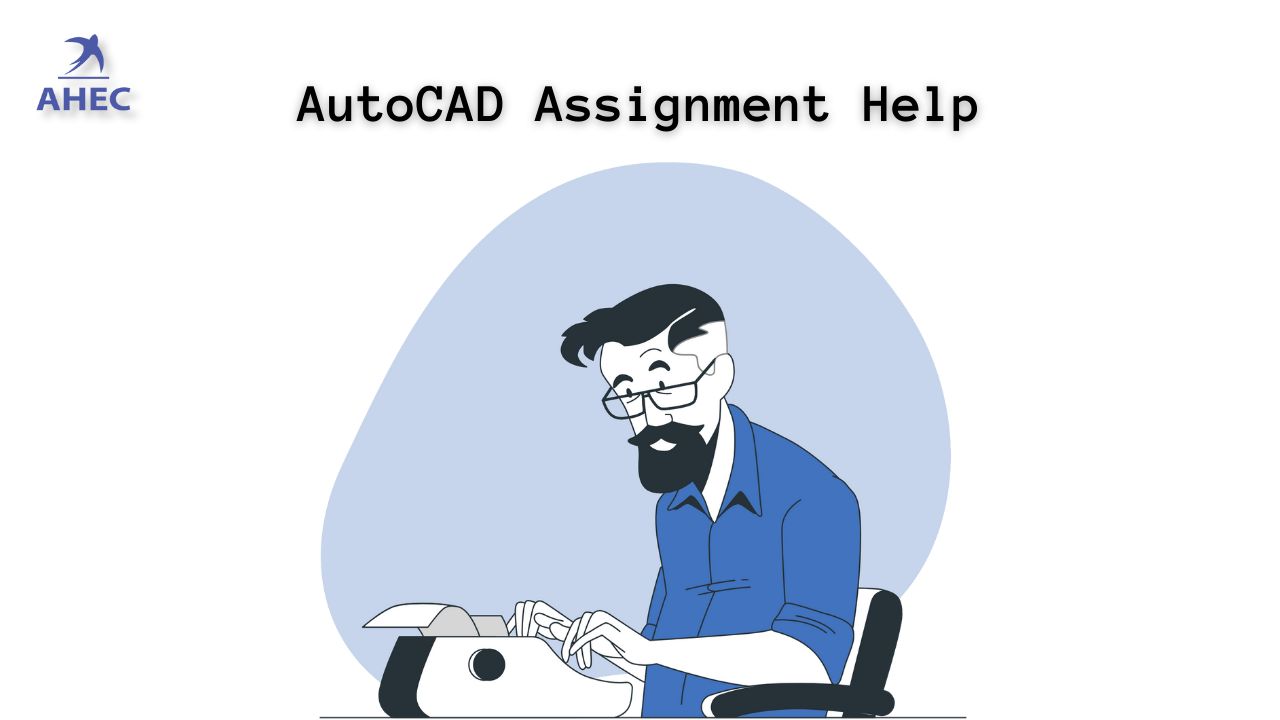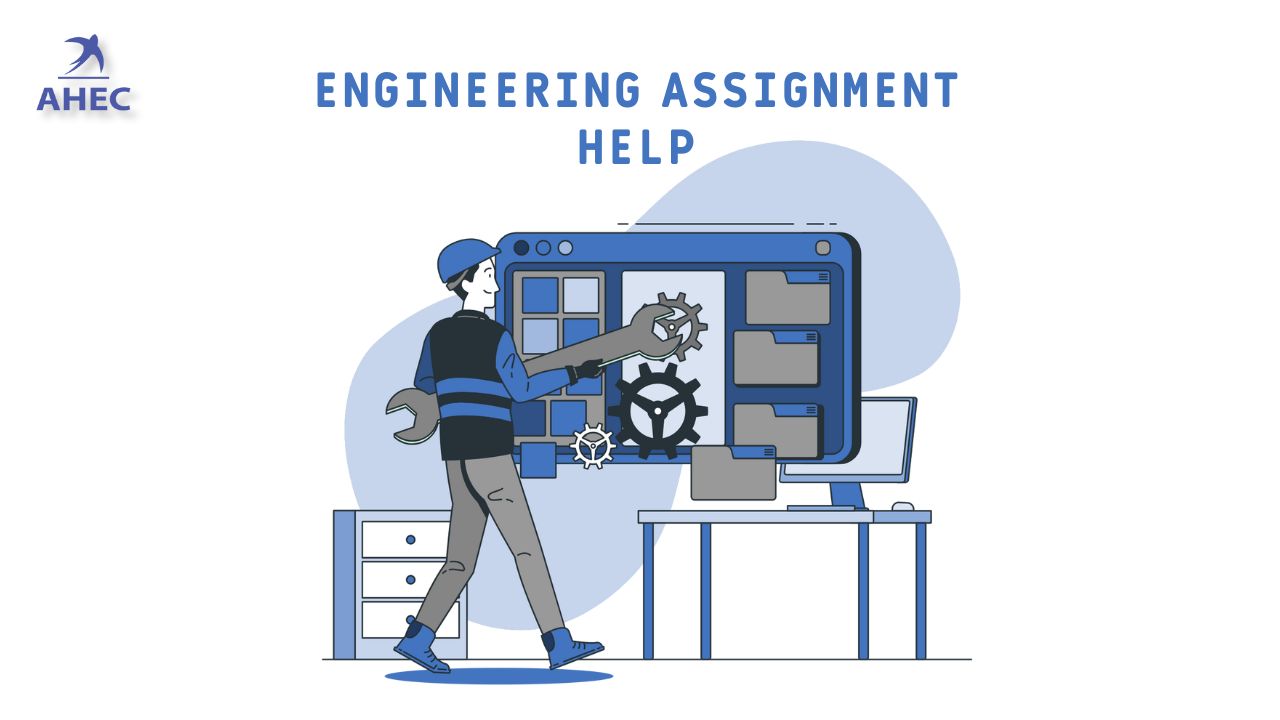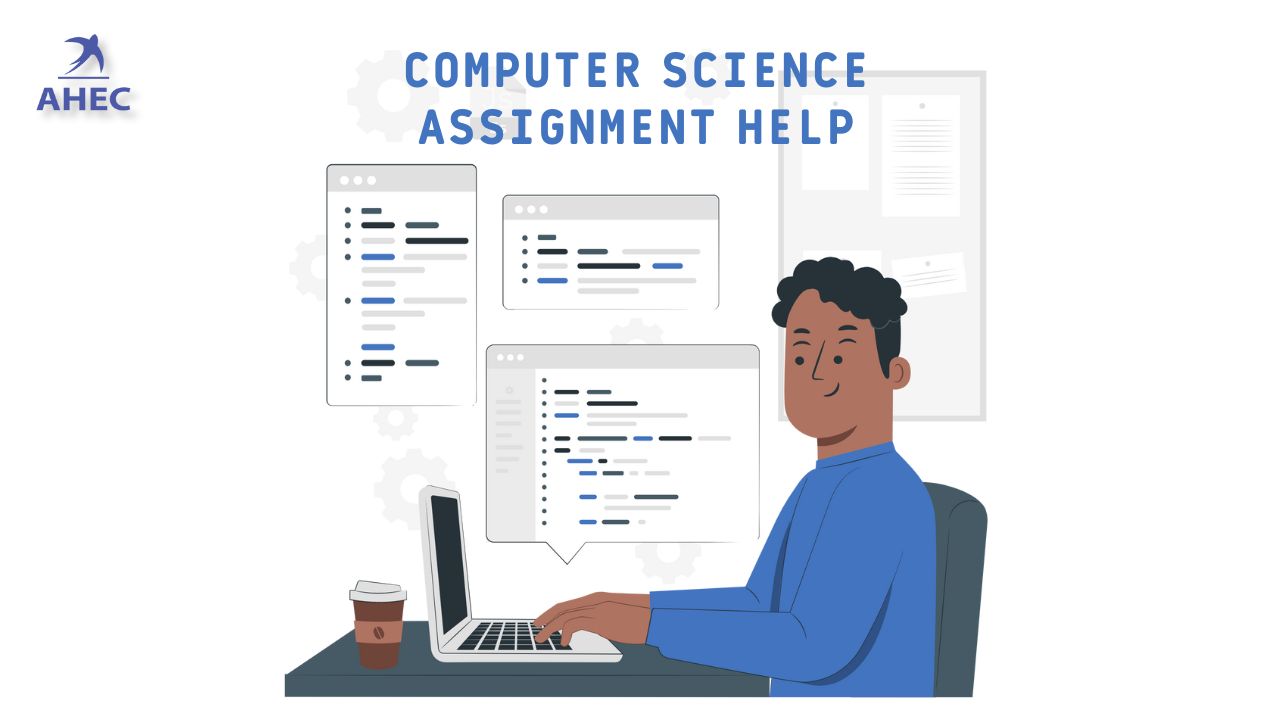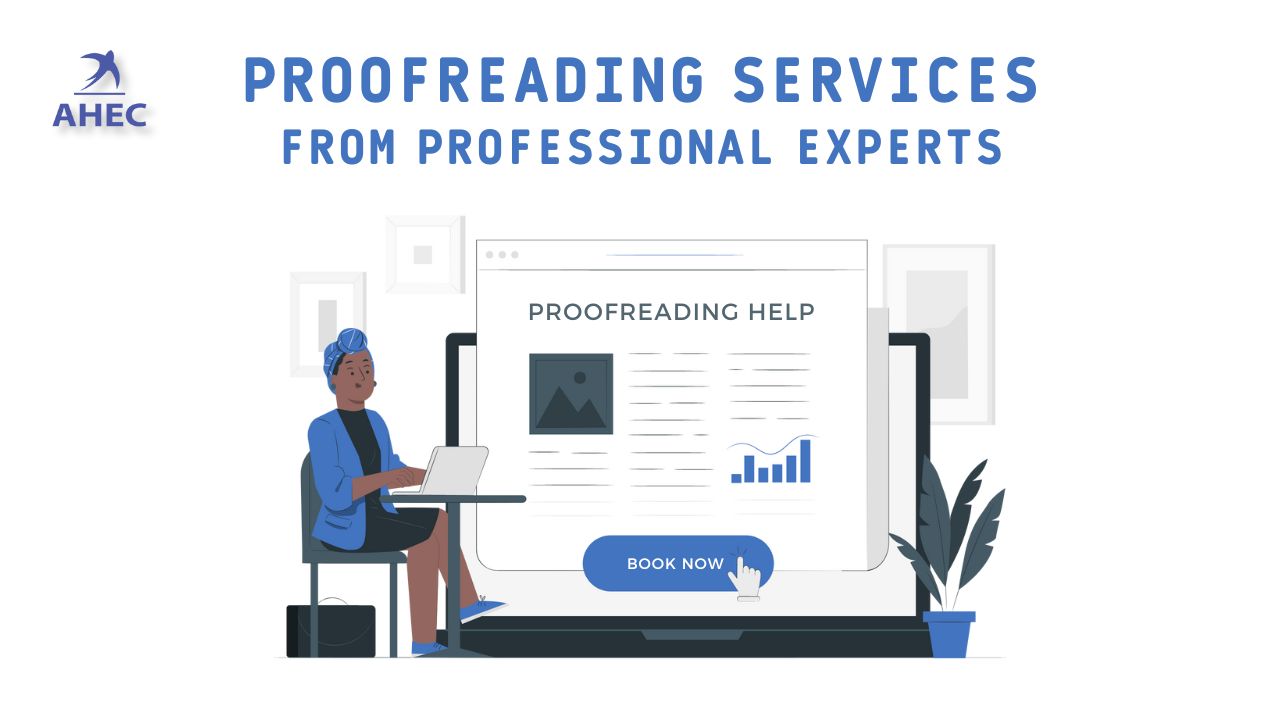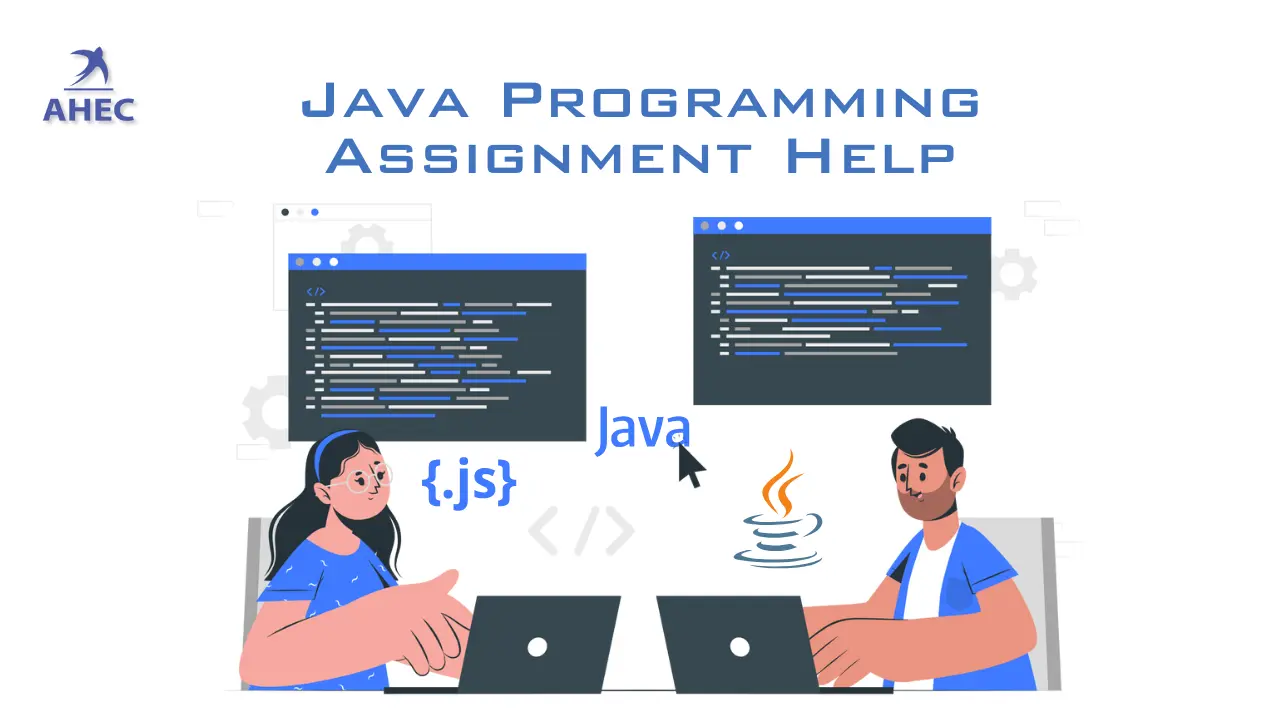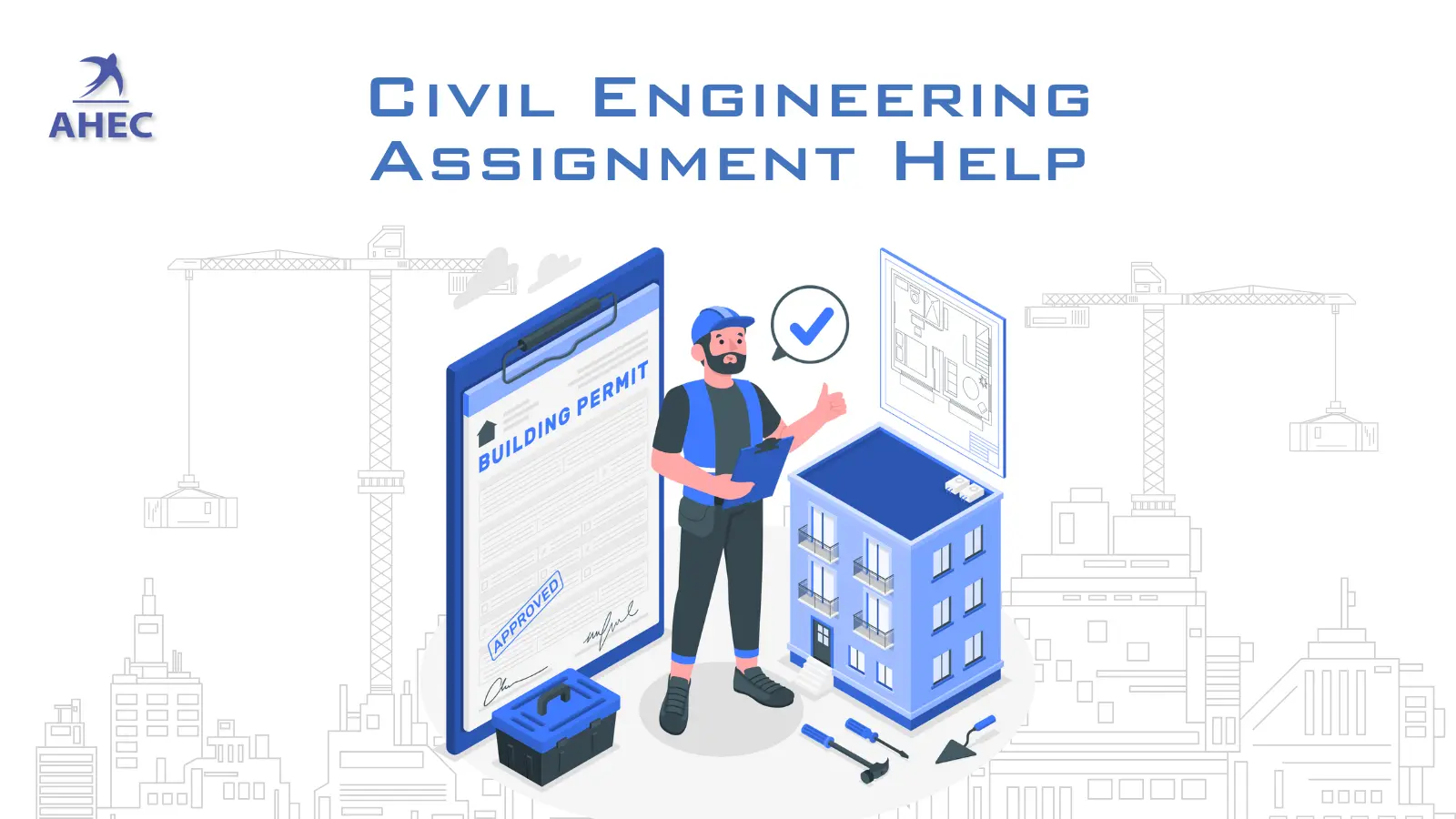The writing portion of the assignment is not limited to writing. There is a lot more to it in comparison because the essay is something that you accomplished after that; the proofreading and editing are the things that require more care, mainly due to the fact that they both need you to double-check your assignment, which is a valuable strategy for successfully completing the task and getting good markets. Let's learn more about them, shall we? And in this blog, we will learn about editing and proofreading in their entirety, as well as the things that you must keep mindful of in order to ensure that your project is a success.
The Value of Editing and Proofreading in Academic Writing
Editing and proofreading any type of work can be quite crucial because it enables the reader to relax and enjoy reading after completing the task at hand. Also, editing and proofreading are very critical steps in the process. Because if your work is littered with errors, it's not the kind of thing you should be turning in right after you finish writing it. To ensure that you have sufficient time to modify the content or the entire assignment, you simply need to get started quickly. Editing work involves making the language more understandable and applicable, and reading your work out loud at the end is a method for double-checking it and ensuring that it does not contain any errors. In the end, editing and proofreading are helpful in ensuring that the material you have generated is flawless, presentable, and interesting to the reader. Both of these will help you achieve better grades in your academic work.
EDITING
When someone or anything has to send a message or share some information, they often resort to editing, which is the process of selecting and preparing text, images, and sounds to do so. And with regard to the writing of assignments, editing is the process of freeing your task from grammatical, spelling, and structural problems. You also need to pay a lot of attention to the editing process, so you should wait until after you have finished your assignment before beginning to revise your work carefully. Also, modifying your assignment writing enables you to remove unnecessary words and sentences, and you can also remove excessive sentences that do not match your idea or the point of view that you are presenting. With these things in mind, let's take a look at the primary points that you need to keep focused on if you want to edit your assignment successfully.
To assist you in modifying your assignment, the following guidelines have been provided.
- Check the brief for assignment criteria.
- Review the structure
- Format correctly
- Ensure clarity and word choice
Check the brief for assignment criteria
Before beginning the editing process, you should have a look at the brief, verify the word count, and look over any special instructions that may be included in it. This is because, as we all know, having a good knowledge of the brief is quite crucial since it contains the most important requirements that you are required to meet.
Review the structure
If an assignment has a standard outline format, it should be examined for conformance. Examine the ease with which you may transition from one notion to the next, something that the structure enables you to do. This brings the overall quality of the piece up to a higher standard.
Format correctly
Getting the formatting right is the most crucial step in the editing process. This is because getting the formatting right demonstrates how nicely you have satisfied the formatting and referencing style requirements. The requirements for the formatting include the word margin, heading, and other elements.
Ensure clarity and word choice
Making the job easy to understand by eliminating unnecessary complexity is essential. In addition to this, do not forget to replace any terms or phrases that are repeated too frequently with more appropriate alternatives.
Proofreading
The term "proofreading" refers to the practice of making corrections to the text and ensuring that it is error-free with regard to grammar and spelling. Additionally, we can look at this as the final step before submitting your work, and its main objective is to improve the general level of the piece of writing by making certain that it is free from errors and ready to be handed in.
The following are some guidelines to follow when proofreading your assignment.
- Grammar errors
- Ask a senior to read it
- Backward proofreading
- Read it out loud
Grammar errors
After you have finished correcting the assignment, look it over once more to see if it has any errors in grammar, spelling, or any other area that could be considered an error. If you use the Grammarly app, you won't need to worry about these mistakes again.
Ask a senior to read it
If you want to know your flaws from an upper-level perspective, the best and most affordable way to do so is to have a senior read over your work for you. Seniors have more experience than you do and are therefore more likely to see errors that you missed.
Backward proofreading
By reading the material backward, from the last paragraph to the first paragraph, you can catch many more errors. It gives a new point of view to read your project and improves your attention to detail for any typos you might have made.
Read it out loud
after carefully editing and proofreading the whole thing. You should read it out loud and, if you have time, read it twice or three times before turning in your work. This will help you feel confident about how your task will sound to the professor. Once you're done, hand it to the professor.
Conclusion
Through reading the posts in this blog, we have gained an understanding of what editing is as well as what proofreading is. as well as the actions and strategies that you must constantly keep focused on in order to write a solid assignment and get good grades.




















